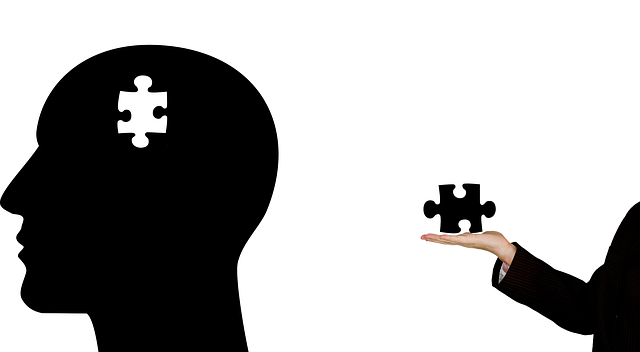
Early Identification and Accurate Diagnosis are Key
Reversible causes of dementia in older adults. Early identification and accurate diagnosis can improve patient outcomes.
- Some causes of dementia can be reversed through proper identification, intervention, and treatment.
- Nurses play an essential role in improving the lives of many older adults by recognizing and treating reversible forms of dementia.
Nurses often care for older adults (65 years and older). And who present with memory concerns that may lead them to suspect dementia. However, several medical conditions mimic dementia and can be misdiagnosed as Alzheimer’s disease or related dementia. So then, these conditions frequently are reversible if diagnosed and treated. An early and accurate diagnosis can reduce the emotional toll on the individual. And their caregivers that would result from misdiagnosis and also save substantial healthcare costs.
In this article, we review seven common reversible causes of dementia. Also, identify their signs and symptoms, diagnostic tests, and treatments. Consequently, some dementias can be reversed by resolving the underlying cause. In addition, screening for cognitive impairment is an important first step. Here, screening typically takes no more than 10 minutes at a primary care visit. And can help identify conditions with symptoms that mimic dementia.
If screening detects potential cognitive decline, additional evaluation may be warranted to determine the underlying cause. Caregivers or family members can help facilitate the screening process by providing information about patient behaviour changes. Or memory at home and by comforting the patient during the screening.
Hypothyroidism

Reversible causes of dementia in older adults. Hypothyroidism occurs when the thyroid can’t produce enough hormones to meet a person’s metabolic needs. One cause is Hashimoto’s disease, an autoimmune disorder. The less-robust immune response associated with ageing puts older adults at increased risk for the disease. Other causes include certain medications that older adults may be taking, such as amiodarone, lithium, rifampin, phenobarbital, phenytoin, and carbamazepine. Hypothyroidism is associated with depression and memory problems related to damage to the brain systems. And responsible for short-term memory, concentration, and problem-solving. Untreated hypothyroidism also may cause psychosis, anxiety, and somatic complaints. As a result, clinicians may misdiagnose hypothyroidism as an irreversible form of dementia.
Signs and symptoms
Many hypothyroidism symptoms—such as depressed mood, difficulty concentrating, and memory impairment—are nonspecific. The central nervous system is susceptible to changes in thyroid hormone levels. Which may slow all cerebral functions, resulting in memory loss and sleepiness. Hypothyroidism also may cause metabolic rate or neurotransmitter synthesis imbalance.
Diagnostic tests
Suspected hypothyroidism is assessed by testing serum thyroid-stimulating hormone (TSH) and thyroxine (T4) levels in the blood. Low T4 or high TSH levels indicate primary hypothyroidism. Treatment should begin as soon as possible to avoid progression to severe hypothyroidism when brain structures may be irreversibly altered.
Treatment
Hypothyroidism symptoms can be reversed if they’re identified early, and thyroid function is restored. Thyroid replacement therapy using levothyroxine reverses most neuropsychological and behavioural abnormalities. (To learn more about hypothyroidism, read “Primary hypothyroidism: More common than you think” at myamericannurse.com.
Depression
Reversible causes of dementia in older adults. Depression can increase older adults’ risk of developing dementia, according to doctors. So then, symptoms of depression occur in 40% to 50% of those with Alzheimer’s disease or related dementia. The increased risk for memory impairment is highest in individuals with depression. And who are 65 and older, more severely depressed, bipolar, or in inpatient treatment settings.
Signs and symptoms
The hippocampus plays a significant role in mood and cognition regulation, which can cause symptoms of cognitive decline. Hippocampal volumes link depression and dementia; reduced volumes are typical in people with mood disorders. People with depression frequently have poor visual and verbal memory, resulting in the poor interpretation of information, and difficulty processing information. Or reduced executive functioning (organizing data and making decisions) on memory tests.
Diagnostic testing
Patients with depression symptoms and memory complaints may suffer from brain dysfunction rather than just depression. The way to distinguish brain dysfunction from depression alone is by screening for hippocampal atrophy via magnetic resonance imaging (MRI). In addition, cognitive assessment is performed using screening tools, such as the Mini-Mental State Examination. The AD8 dementia screening interview, and the Mini-Cog. Depression assessment can be accomplished using the Geriatric Depression Scale.
Treatment
Dementia may be reversed by treating hippocampal atrophy with antidepressant medication in early-onset depression. To improve neuron health and prevent neuron damage progression. Patients receiving these medications should be assessed periodically for treatment adherence and symptom improvement.
Vitamin B12 deficiency
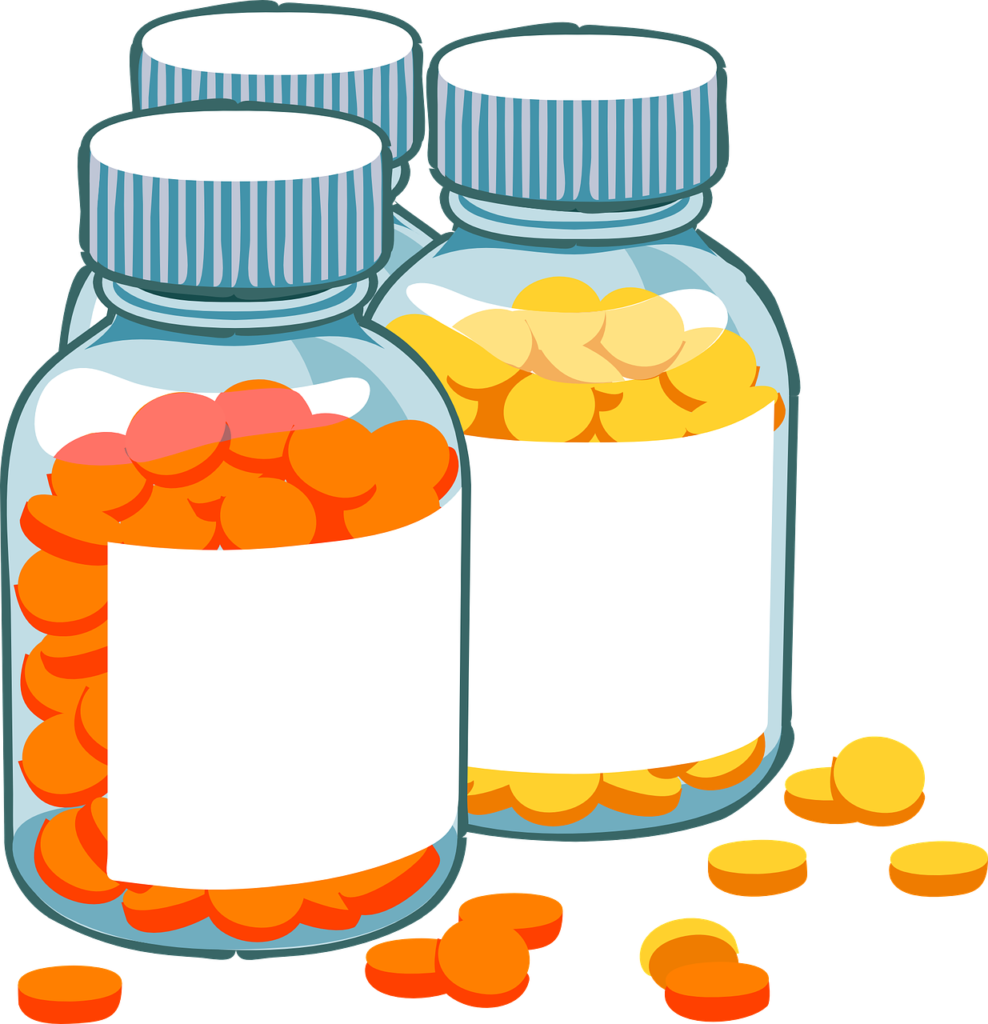
Reversible causes of dementia in older adults. Memory loss may result from vitamin B12 deficiency. (and, to a lesser degree, vitamins A, C, and folate deficiencies), mimicking dementia symptoms. According to doctors, patients with low vitamin B12 or folate have double the risk of developing Alzheimer’s disease, suggesting they work together for cognitive function.
Signs and symptoms
In addition to memory changes, individuals with vitamin B12 deficiency may present with fatigue, numbness or tingling in hands and feet. Vision loss, heart palpitations, GI problems, depression, or behaviour changes. Vitamin B12 can affect cognitive function. Because it’s essential in the structure of myelin, the protective coating of neurons causes slow neuronal conduction. Vitamin B12 deficiency also may result in transcobalamin deficiency (a disorder that impairs the transport of vitamin B12). Malabsorption, and metabolic disorders, which can cause neuronal degeneration. In addition, vitamin B12 or folate deficiency may cause homocysteine levels to rise. Homocysteine has neurotoxic effects that can lead to cell death or neurologic disturbances.
Diagnostic testing and treatment
Patients with recent mental changes should be screened for vitamin B12 deficiency. This condition is reversible with vitamin replacement.
Memory loss may result from vitamin B12 deficiency (and, to a lesser degree, vitamins A, C, and folate deficiencies), mimicking dementia symptoms. Some doctors say patients with low vitamin B12 or folate have double the risk of developing Alzheimer’s disease. Suggesting that they work together for cognitive function.
Normal pressure hydrocephalus
Reversible causes of dementia in older adults. According to research, approximately 375,000 Americans have been misdiagnosed with dementia or Parkinson’s disease when the underlying condition was normal pressure hydrocephalus (NPH). Misdiagnosis can occur because patients with NPH frequently have difficulty with word formation, inability to carry out simple tasks, or impaired sensory interpretation.
Signs and symptoms
Three distinct areas can be checked to help recognize NPH: cognitive impairment, urinary dysfunction, and mobility impairment (slow and shuffling gait). Early identification of NPH is difficult because symptoms occur gradually. Those that mimic dementia (apathy, dullness in behaviour and thinking, and impaired attention) are associated with altered brain structure, and cognitive impairment may result from reduced neurotransmitters.
Diagnostic testing
Early detection is critical when NPH is suspected. MRI and cerebrospinal fluid testing are the best ways to diagnose the condition and evaluate its severity accurately.
Treatment
Treatment for NPH requires surgical placement of a shunt that removes cerebrospinal fluid from the ventricle. Shunt surgery may reverse or improve cognitive impairment if significant dementia hasn’t already developed.
Sleep apnea and related deficits
Reversible causes of dementia in older adults. Sleep disturbances, including insomnia and sleep apnea, are common as people age and may lead to reduced cognitive performance, mimicking signs of dementia. Lack of restful sleep can increase the risk of sleep-disordered breathing, decrease total sleep duration, and impair circadian cycles. A study by Hung and colleagues indicates that primary insomnia is associated with a two- to three-fold increased risk of developing dementia.
Sleep apnea is known to cause neuron hypoxia and increase the risk of vascular conditions, such as vascular dementia and stroke, which can increase the risk for dementia. Poor sleep quality and quantity can affect neuron health by interfering with the brain’s natural processes for clearing toxins, which can increase glial cell inflammation and oxidative neurotoxin accumulation. The result can be neuron damage, dementia pathology in the brain, and subsequent dementia-like symptoms.
Diagnostic testing
To determine whether a patient with a sleep disturbance has dementia or depression, their sleep patterns should be assessed with a sleep study. The study will help determine if the patient has obstructive sleep apnea, but it won’t be able to differentiate a sleep disturbance resulting from dementia or depression. These will require complex testing and may still be inconclusive.
Treatment
Sleep disturbance treatment should begin with basic sleep hygiene strategies and nonpharmacologic approaches, such as transcranial nerve stimulation or cognitive behavioural therapy for chronic insomnia. For patients with sleep apnea, continuous positive airway pressure treatment is essential for improving cell oxygenation, which Ferini-Strambi and colleagues have shown to reverse dementia-like symptoms.
Alcohol-related dementia
Reversible causes of dementia in older adults. Alcohol-related dementia (ARD) accounts for approximately 10% of early-onset dementia cases. It may result from neurotoxic damage or nutritional deficiencies related to chronic excessive alcohol consumption. For example, thiamine deficiency can lead to Wernicke-Korsakoff syndrome, a neurologic disorder with symptoms that include confusion and cognitive decline.
Signs and symptoms
Signs of ARD include cognitive and behavioural changes, such as impaired orientation, rational functioning, and inhibition. Patients with ARD typically are under the age of 65 years, socially isolated, and male. In addition, their cognitive impairment may be more difficult to detect.
Diagnostic testing
Specific diagnostic criteria for ARD aren’t clear. Frequently, clinicians rely on evaluating changes such as loss of memory or alterations in thinking or reasoning, but only after patients have stopped drinking for some time.
Treatment
ARD is potentially reversible with timely alcohol use disorder treatment, such as counselling, behavioural therapy, or medication. The earlier ARD is identified, the better the outcome and prognosis for the patient.
Medication adverse effects and interactions
Cognitive impairment resulting from prescribed medications is more likely to occur in older than younger adults because they’re already vulnerable to dementia caused by neurodegeneration. Adding a moderately neurotoxic medication might trigger delirium or memory issues.
Identification
To identify a medication causing dementia symptoms, the drug causing impairment would have to have been administered before confusion onset. A return to normal cognitive baseline would have to occur when the medication is stopped. However, these conditions rarely are met because many older adults take multiple medications. Medicines that can potentiate delirium in adults older than 65 years are found in the American Geriatric Society 2019 Beers Criteria®. These medications—including those with strong anticholinergic properties, conventional and atypical antipsychotics, benzodiazepines, and nonbenzodiazepine and benzodiazepine receptor agonist hypnotics—should be avoided.
Management
Medications causing dementia-like symptoms should be discontinued, as ordered by the medical provider, while still treating the underlying medical condition. You can educate patients about the risks of taking multiple drugs, work with them to ensure they take only essential medications and recommend alternative medications when necessary. Medical providers should always ask patients if they take over-the-counter medicines, supplements, or natural products. Furthermore, which may adversely interact with prescribed medications. (See Medication considerations.)
Medication considerations
Older adults’ altered metabolism, absorption, and excretion may make them more sensitive to adverse medication effects. However, steps can be taken to mitigate them.
- A provider may decide that a prescribed medication’s therapeutic effect is more important to the patient’s care plan than potential adverse effects. However, if the adverse effects become too severe, the provider may consider an alternative medication with less potential for harm.
- Large amounts of free drugs can circulate in an older adult’s system, increasing the risk of cognitive impairment. To avoid this, medications should be started at the lowest dose and slowly increased until the desired therapeutic effect is reached.
- Polypharmacy can increase the risk of drug interaction and potential cognitive impairment. Determining which drugs interact may be difficult, but providers may consider an alternative medication regimen to address the issue.
Dementia prevention
Nutrition, physical activity, and social networks are critical to dementia prevention. A healthy diet is associated with decreased risk of cardiovascular disease, heart failure, diabetes, and hypertension. For example, in patients with diabetes, elevated blood sugar and insulin resistance can increase the risk of dementia, and more severe conditions (such as hyperglycemic hyperosmolar non-ketonic syndrome) can deprive neurons of glucose and lead to cognitive impairment.
Physical activity increases circulation, decreases triglycerides and cholesterol, and reduces insulin resistance. Physical activity also can lower blood pressure at rest. Studies, including one by Košcak Tivadar, have shown that exercise reduces cognitive decline and the risk of developing dementia.
Increased social contact has been shown to decrease the progression of cognitive decline. Older adults’ social networks may change because of decreased interaction resulting from retirement, children leaving home, and losing friends or family. Encourage older adults to strengthen their bonds with others and support healthy, social, and therapeutic relationships to maintain healthy mood and neuron health.
Please note I cannot respond to questions seeking legal or medical advice, and this material is not a substitute for professional legal or medical advice.
In Conclusion
Dementia is reversible under certain conditions; early identification and diagnosis are key. Like many medical conditions, the earlier the treatment starts, the better the outcome. This post is for your understanding of these conditions, but only your doctor can help you identify and diagnose these conditions.
Important Note *
Remember that everyone is different, it is ultimately YOUR RESPONSIBILITY to find what your body responds to. So please do your due diligence before trying anything new, including getting Medical Advice to ensure your safety and peace of mind.
Connect with me and leave a comment or two on my social media.
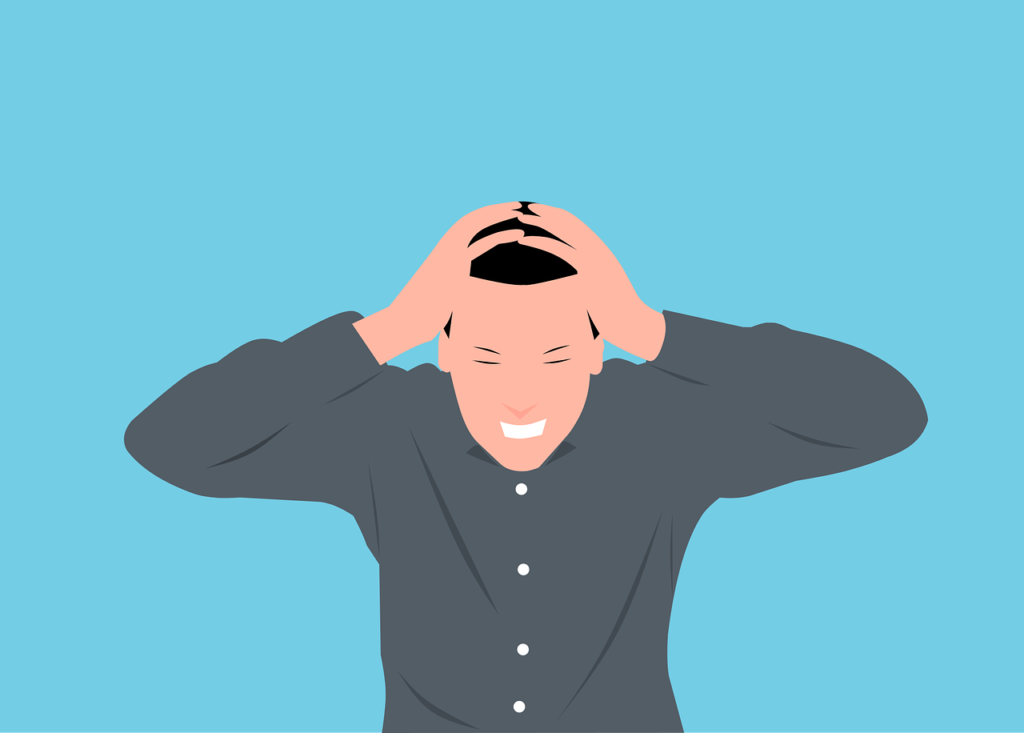
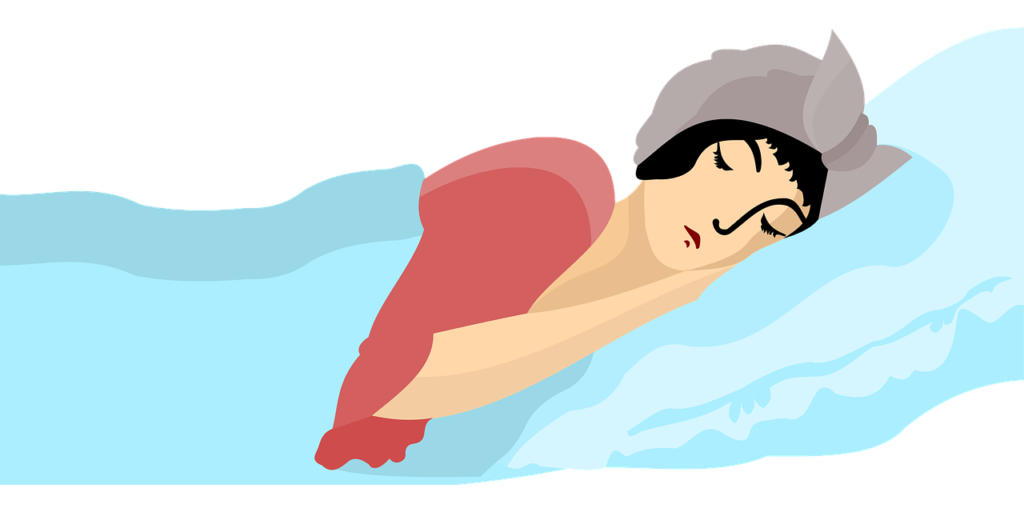
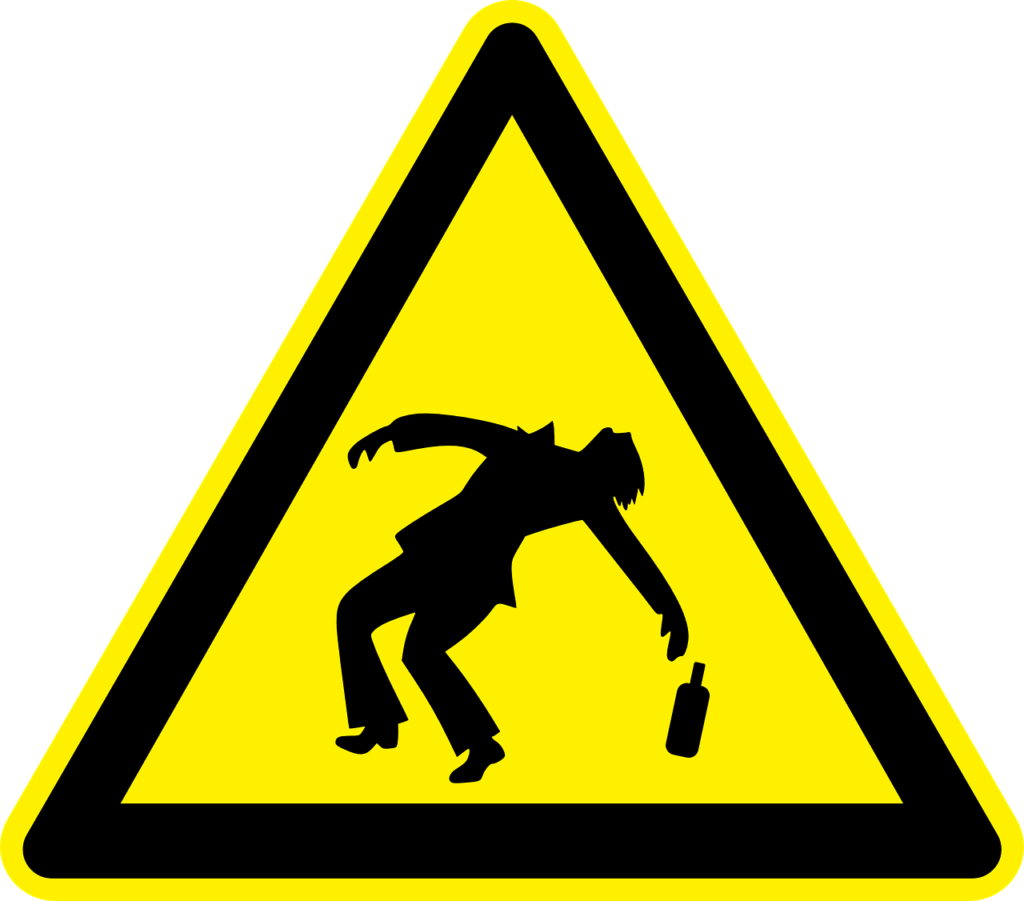
4 replies on “Reversible causes of dementia in older adults”
Good one, thanks for all this valuable information, Ian!
Hi William, You are welcome; thanks for taking the time to comment, all the very best Ian
Ian, Thanks for giving us rhis good info. God bless u. I look forward to go for some tesrs. Sarah
Hi Sarah, I appreciate your comment; your doctor will know how to diagnose and recommend any treatment that you may need, however, I wish you well with whatever the outcome is, take care, Sarah, all the very best Ian